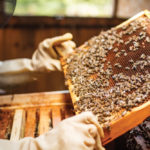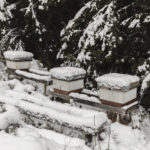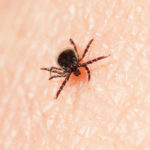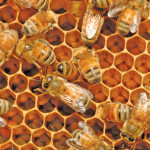
Tag Archives Manitoba Beekeepers’ Association

Ramped-up inspections take aim at bee disease
Beekeepers have been promised at least another two years of the inspections they argue are important for bee health

More debate yet to come on neonics
Health Canada has satisfied its concern with three neonicotinoid insecticides and pollinator risk, but a decision to protect aquatic insects may yet take those chemistries off the table

Beekeepers dodge winter loss woes
Initial reports hint at good winter survival for Manitoba’s bees

VIDEO: Bees “bee-have” to form bee beard

Health Canada relents on honey label
No alert about sugar content as the regulator recognizes honey as a sweetener

Training critical for new beekeepers to avoid disease woes
Beekeepers stress the need for industry newcomers to be trained in disease and pest management

App sounds sweet to honey producers’ group
Beekeepers say the BeeConnected app has positive possibilities for their industry, but it’s going to depend a lot on uptake

Beekeepers on front line of tick invasion
Both rural and urban Manitobans should keep a wary eye out for the blacklegged tick as its territory expands

Beehives to go high tech
A so-called smart beehive could change how apiarists manage their colonies and treat mites

No neonic ban expected in the West
In Ontario, the treatments won't be allowed in 2017 unless a demonstrated need exists


